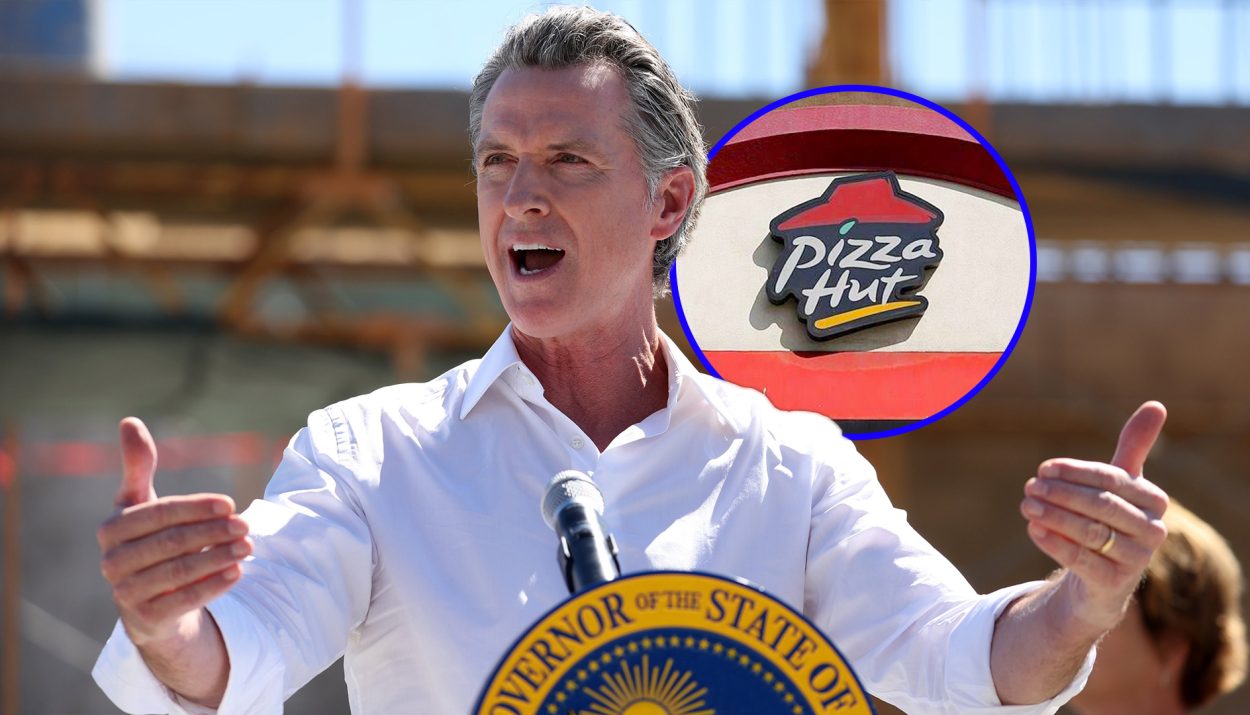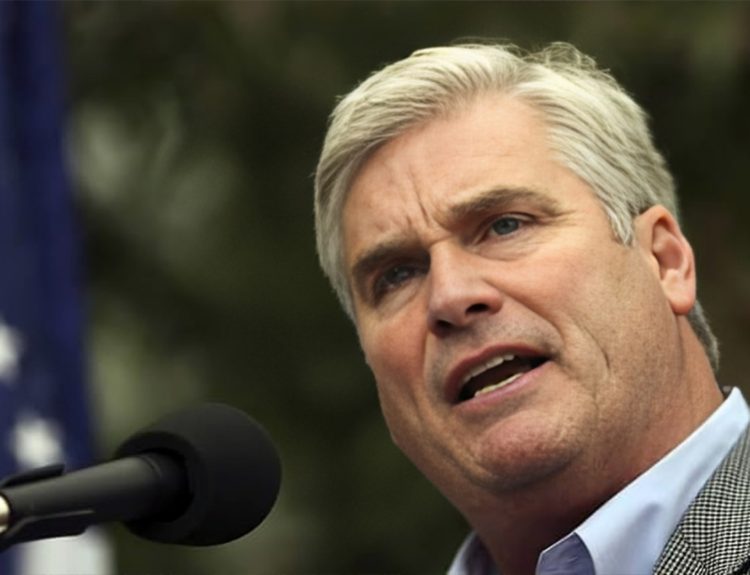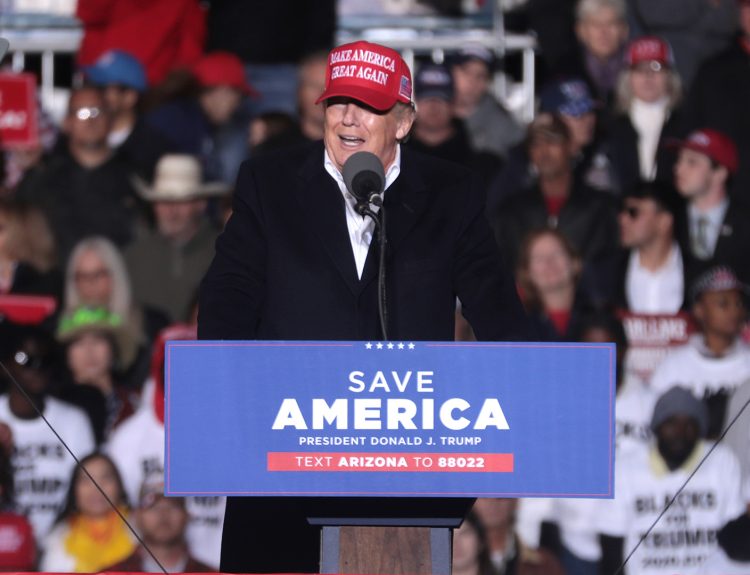California has come under fire in recent years for a myriad of reasons, many of them politically motivated. The border crisis, taxes, and people moving out of California due to the high cost of living are just a few of the conversation topics around the Golden State, and a recent story has stirred discourse around California once again.
A Minimum Wage Hike
A law recently was signed into effect by the California legislature that raises the minimum wage for food service workers to $20 an hour. This is in response to the high cost of living in the state, which was rated the third-highest in the country in 2023.

The law was passed in September of 2023, to the joy of many fast food workers in California. It’s understandable why they would be excited, too. The fast food industry employs tens of thousands of workers across the country, and they are some of the lowest paid workers of all industries.
California Minimum Wage
The state minimum wage sits at $16 an hour at the time of this writing, though there are several municipalities that have raised the minimum wage higher in order to offset the high cost of living. West Hollywood currently holds the record for the highest minimum wage in the country, sitting at $19.08 per hour.
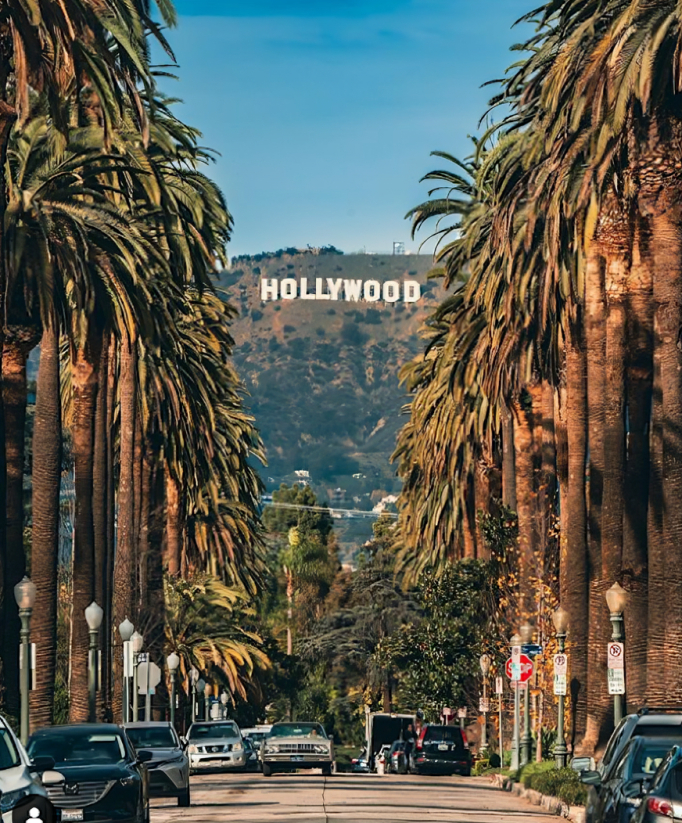
The new law which raises the wage of fast food workers to $20 exceeds even the highest minimum wage in the state, but unfortunately it still isn’t quite enough to support a comfortable standard of living in California. The current estimate for a livable wage in the state hovers just under $22 an hour, with some areas calling for more and others calling for far less.
Minimum Wage, In General
The minimum wage as a concept is actually fairly recent, in terms of American history. It originated as an idea at the end of the 19th century, in an attempt to abolish sweatshops, which were employing a disproportionate number of women and children and paying them far below what was considered a living wage at the time.
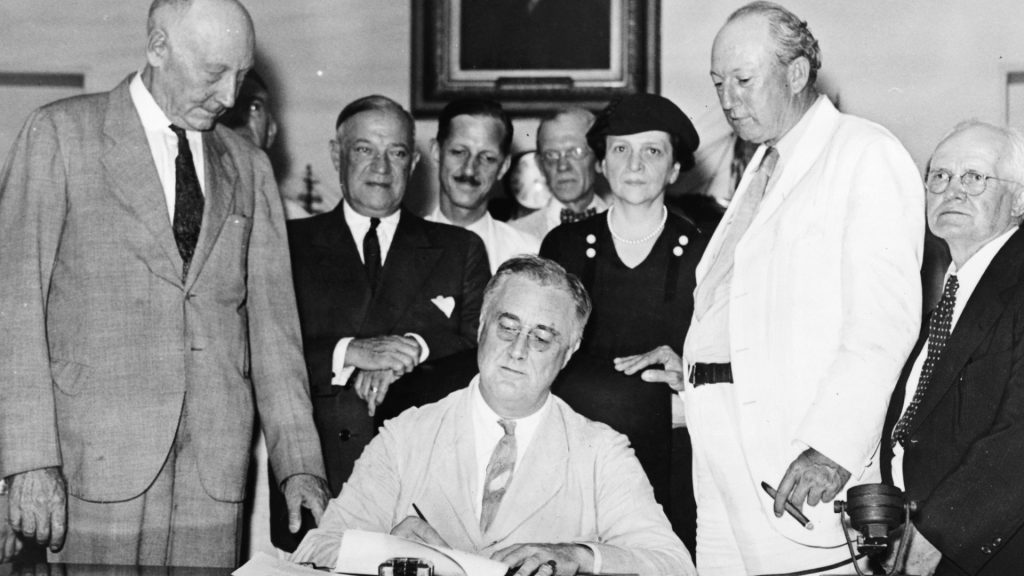
The first real attempt at establishing a minimum wage in the United States took place in 1933. The Roosevelt administration used the New Deal as a vehicle to, among other things, facilitate the first established minimum wage in the United States.
The Supreme Court Intervened
The reasoning behind this was that Roosevelt saw a quality life as one of the promises of the United States. In order to achieve that, individuals had to be paid a living wage. He is famously quoted as saying, “It seems to me to be equally plain that no business which depends for existence on paying less than living wages to its workers has any right to continue in this country.”
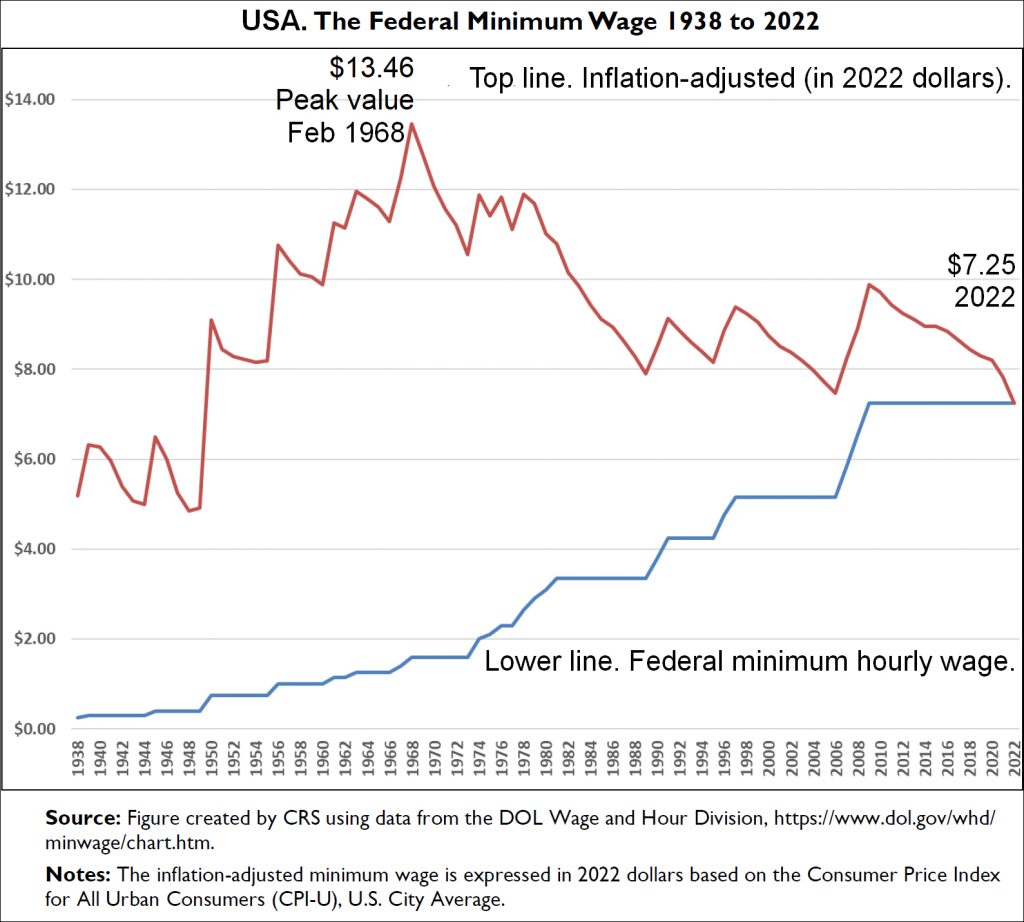
Unfortunately for Roosevelt, the Supreme Court disagreed with his noble sentiment. It ruled the act establishing a minimum wage unconstitutional in 1935, and a formal minimum wage wasn’t established again until 1938 in accordance with the Fair Labor Standards Act.
As Always, We Are Divided
Understanding the history, it becomes clear that the intent of the minimum wage, from its inception, was to provide a decent living for all Americans, regardless of class, gender, age, or any other classification. Unfortunately, modern politicians are deeply divided on this issue, and so are Americans.

The divide appears to stem from a perception issue, of who the minimum wage is meant for. This divide falls largely along political ideological lines, with conservatives seeing the minimum wage as a “stepping stone” from entry-level positions to better earnings and jobs, and liberals seeing the minimum wage as the bare minimum of what should be provided for a full time job.
California Centered In the Divide
This divide is one of the things that makes moves such as California’s new law so controversial. The perception of work for the fast food industry for many is that it’s an entry-level job, only meant for first jobs for teenagers or those fresh out of high school. A job to get their feet “wet” in the labor market, so to speak.
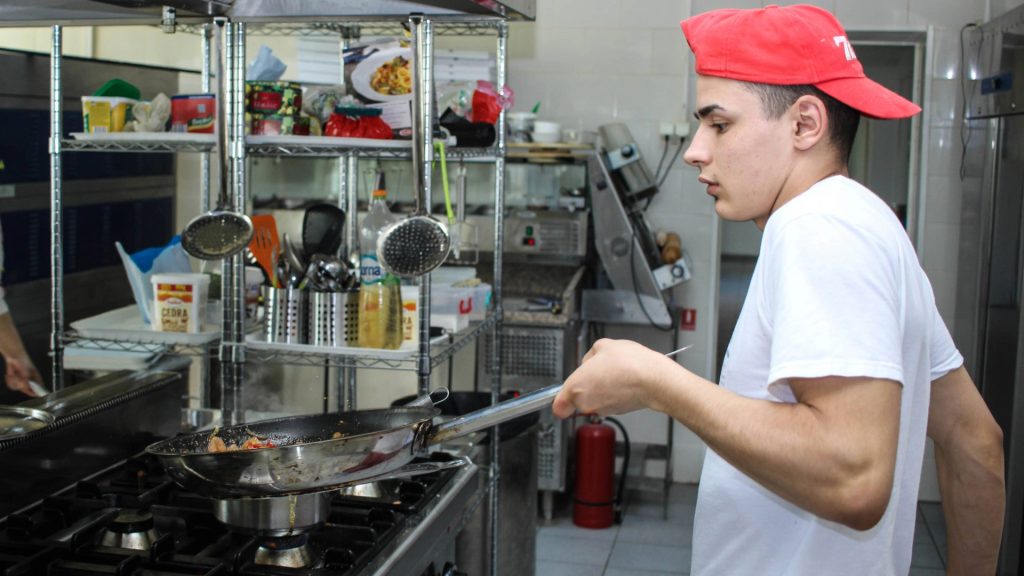
Of course, this is untrue. The fast food industry operates at all hours and days, not just when teenagers are out of school, and therefore requires all different types of people to staff their buildings and drive their vehicles. Newsom’s minimum wage hike for this industry was meant to close the gap in a living wage for this prolific and productive industry, but unfortunately, this intent seems to have backfired.
Pizza Hut Strikes Back
The new law is set to go into effect by April 1, 2024, and one corporation has decided to take action ahead of the wage hike. Pizza Hut, in a decision that was sent down from its corporate level, made the business decision to fire all first-party delivery drivers, effective immediately.

The controversial move affects several cities and towns across California, with Los Angeles, Orange, San Bernardino, and Riverside counties being the most heavily affected. Approximately 1200 workers will be without jobs due to this controversial corporate decision, and people are understandably very upset about the move.
Customers Disappointed
Many long-time customers of Pizza Hut have expressed their disappointment with the parent company’s move, given what the intent of the law was. One individual from San Jose went so far to claim that firing people was not a solution in an economy where everybody is suffering.
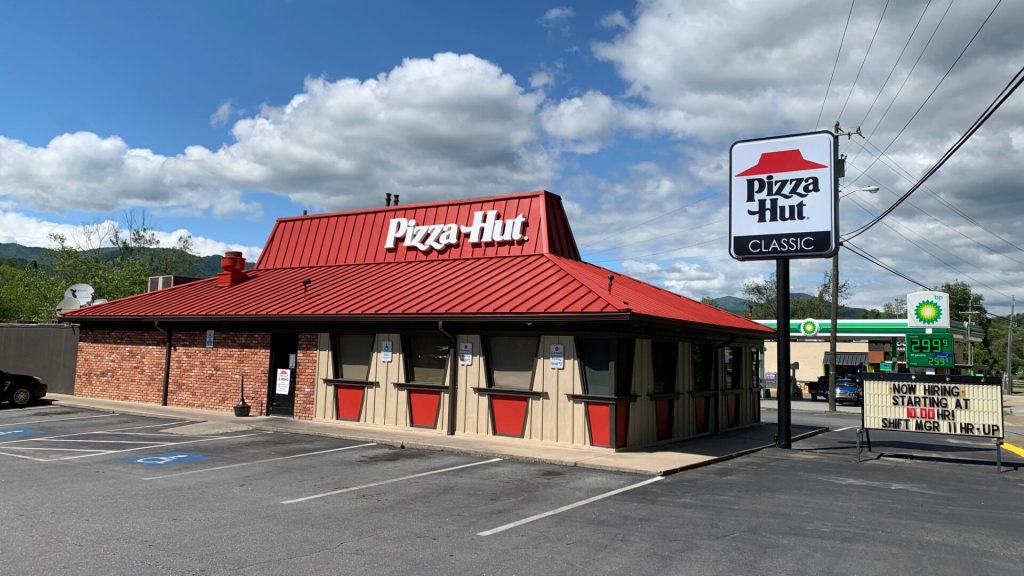
Other companies were more positive about the move, including third-party delivery companies like Uber Eats and Doordash. In its statement announcing the removal of first-party delivery services, Pizza Hut did state that they would continue to provide delivery, but only through these third-party services.
Sidestepping the New Law
Of course, this “solution” neatly allows Pizza Hut and its conglomerate to sidestep the minimum wage hike. Third-party delivery services operate through the gig economy, with their drivers being employed through a contractor model rather than an employment model.
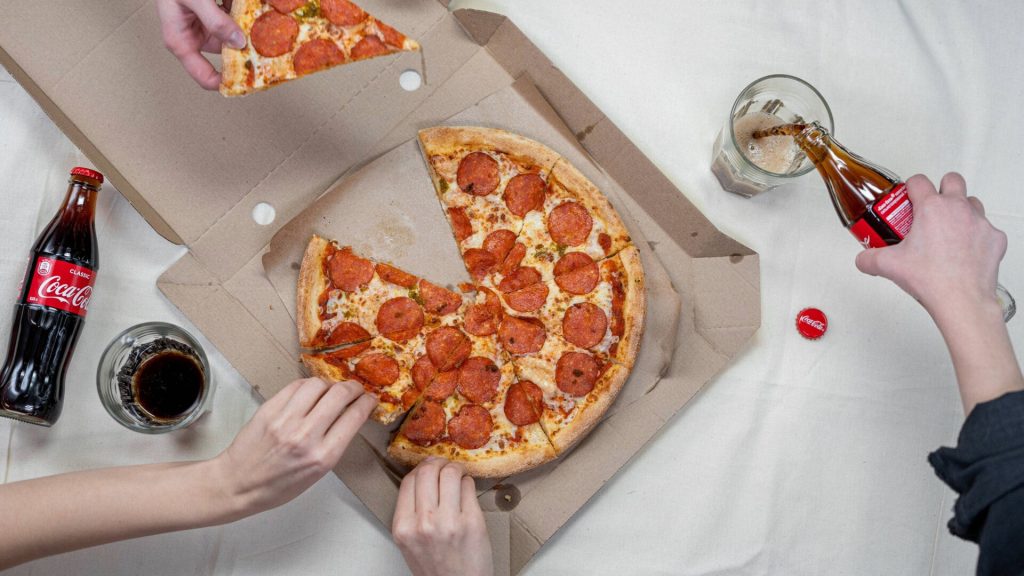
This allows them to pay people lower than standard minimum wage for any given area, and since they’re not subject to regular employment laws, there’s little that can be done about it. Companies like Grubhub and Doordash have actually been sued for their poor payment and labor practices in the past, but the model of employment means that gaining restitution can be tricky.
A Statement From a Rep
As far as Pizza Hut, a representative from the parent company stated that the company would still be able to provide excellent service and quality to its customers, even with the change in business model for deliveries.

He then went on to explain that each individual franchise works through the specific regulations regarding their area, and that the goal is always to provide the highest quality of service while complying with all applicable labor laws.
Other Employees May Be At Risk
Unfortunately, there have been rumblings of layoffs and business model adjustments from other companies in the wake of the new labor law as well. Pizza Hut is the first company to change policy in order to save on employee wages, but it’s possible that up to 30,000 individuals will be laid off or have their hours reduced in reaction to this new law.

Other companies have made different changes in order to cope with the new regulations. Chipotle and McDonalds have both had their corporate headquarters announce new price hikes in response to the minimum wage increase, meaning that customers will suffer in a different way due to corporate decisions.
Outrage From The Internet
The outrage on social media regarding the layoffs and news of price hikes has been predictable, especially when you look a little deeper for the reasoning. Many see the layoffs as simply another example of corporate greed gone too far, with companies choosing profits over people.

It’s understandable why some people might feel that way. American business culture places utmost importance on ever-expanding growth, and there becomes a point where profit cannot continue to grow merely by continuing to provide great service and products. Cuts have to be made somewhere along the chain, and oftentimes, employee wages are the first and easiest place to target.
Hopefully Some Good Eggs In the Basket
There is some hope that not every company will be making drastic changes in regards to Newsom’s new regulations, however. Big hitters in the fast food industry, such as Taco Bell and KFC, have remained silent about the new regulations.
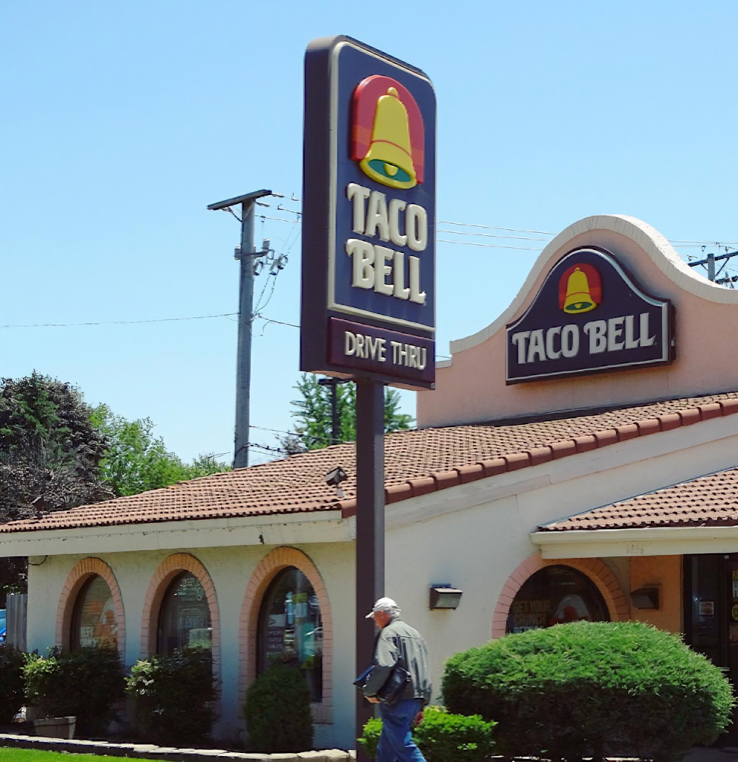
While this doesn’t necessarily mean that there won’t be major changes with these companies too, it does offer some hope that the entire industry won’t be shaken up by the introduction of this new law. Fast food workers hold an important place in every state’s economy, and they deserve the same respect and pay as anyone else trying to pay their bills and live their lives.
Backlash? Maybe.
Whether there will be backlash against Pizza Hut in response to their decision remains to be seen. Many in California are upset about the corporation’s move right now, but the tide of public opinion is fluid. Some might call for a public boycott in order to punish Pizza Hut for their actions, others might choose to ignore it and quietly take their business somewhere else.
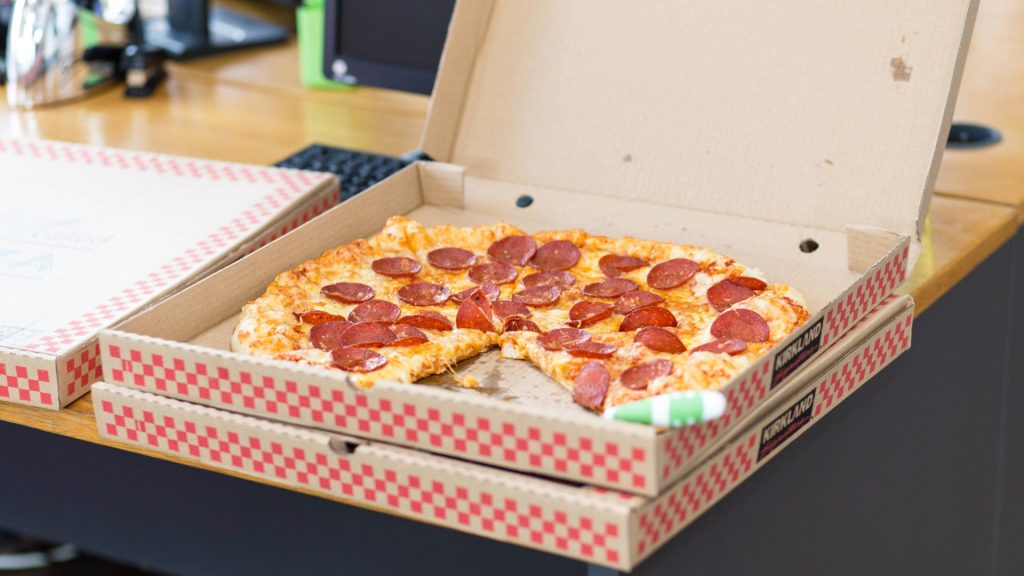
Regardless, Pizza’s Hut’s decisions have had a real effect on real people. The hundreds of workers who are now out of work due to their decision will have a difficult time finding a job in a hotly competitive market, and though Newsom’s intentions may have been noble at the inception, he may have ended up making California’s wage disparity problem that much worse.

